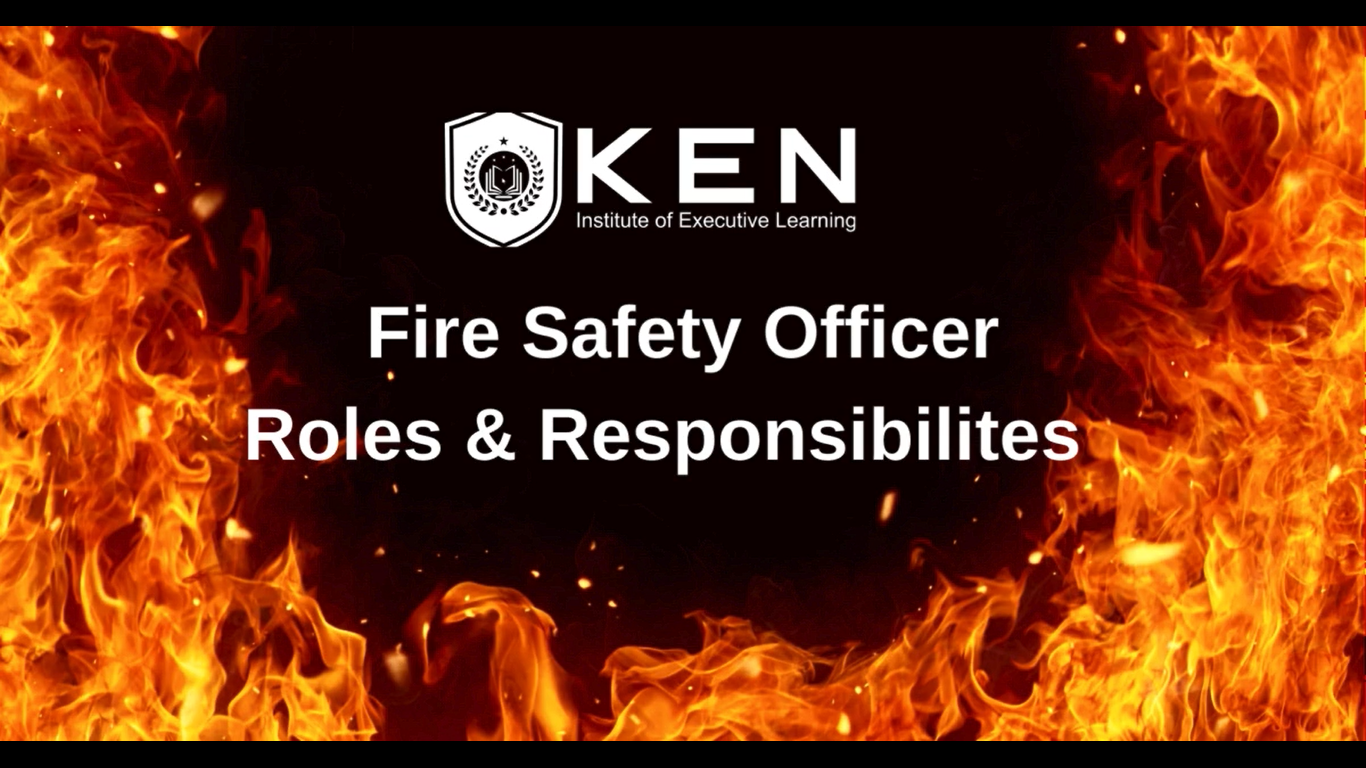
Fire Safety Officers play a crucial role in proactively identifying and mitigating fire risks, ensuring compliance with regulations, and preparing employees to respond effectively in case of a fire emergency. Their efforts contribute to maintaining a safe and secure work environment for everyone.
By fulfilling these responsibilities, Fire Safety Officers play a vital role in safeguarding lives, protecting property, and minimizing the impact of fire emergencies in the workplace. Their expertise and proactive approach contribute to creating a safe and secure environment for employees and visitors.
Fire Safety Officers typically undergo specialized training in fire prevention, fire detection, fire suppression systems, emergency response procedures, and relevant regulations. This knowledge equips them with the expertise needed to effectively identify fire hazards, assess risks, and implement appropriate safety measures.
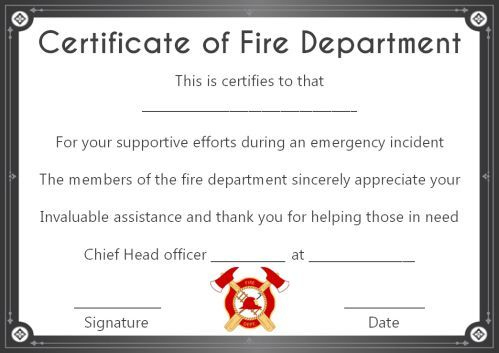
Key Responsibilities and Functions Undertaken by Fire Safety Officers:
Developing and Implementing Fire Safety Policies:
Fire Safety Officers are responsible for developing, implementing, and enforcing fire safety policies and procedures within the workplace. This includes: creating evacuation plans, conducting fire drills, and ensuring that all employees are trained in fire safety protocols.
In some organizations, Fire Safety Officers work closely with security personnel to integrate fire safety measures with overall security protocols.
Conducting Inspections and Risk Assessments:
They regularly inspect the workplace to identify potential fire hazards and assess the level of risk. This may involve: checking electrical systems, storage of flammable materials, emergency exits, and fire suppression equipment.
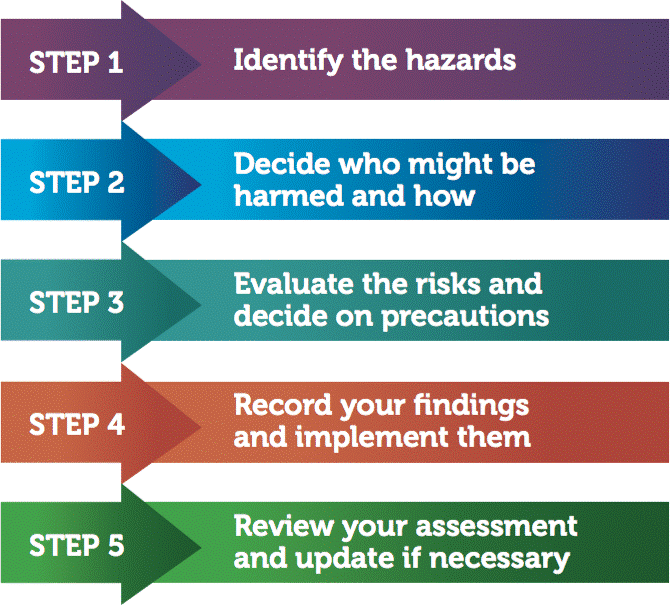
Fire Risk Assessment: Conducting thorough fire risk assessments is a core responsibility of Fire Safety Officers. This involves identifying potential fire hazards such as faulty wiring, combustible materials, inadequate ventilation, and improper storage and handling of flammable substances. By assessing these risks, they can implement appropriate control measures to mitigate them.
Risk Management Strategies: Fire Safety Officers develop and implement risk management strategies to reduce the likelihood of fires occurring in the workplace.
Enforcing Compliance with Fire Safety Regulations:
An important role of Fire Safety Officers is to ensure the workplace complies with local, state, and federal fire safety regulations. They stay updated on relevant codes and standards and work to ensure that the organization meets or exceeds these requirements.
Building Code Compliance: They ensure that the workplace complies with building codes and standards related to fire safety. This includes reviewing building plans, conducting inspections during construction or renovation projects, and verifying that fire protection systems meet regulatory requirements.
Providing Fire Safety Training:
They conduct fire safety training sessions for employees to educate them about fire hazards, proper use of firefighting equipment, evacuation procedures, and other relevant safety protocols. This training helps employees respond effectively in the event of a fire emergency.
Training and Drills: Fire Safety Officers organize regular fire drills to test the effectiveness of evacuation procedures and the response of staff members. These drills help identify areas for improvement and ensure that employees are familiar with their roles and responsibilities during a fire emergency.
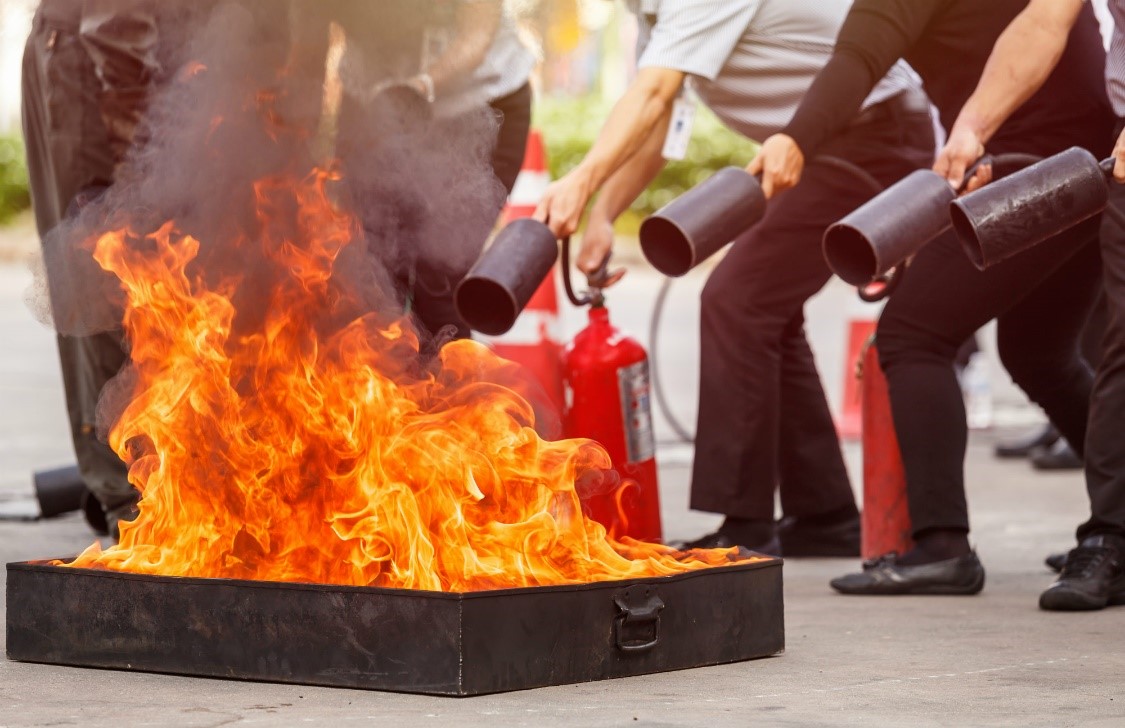
Investigating Fire Incidents:
In the event of a fire incident, Fire Safety Officers play a key role in investigating the cause of the fire. They analyze the circumstances leading up to the fire, identify any lapses in fire safety protocols, and make recommendations to prevent future incidents.
Maintaining Fire Suppression Systems:
They oversee the maintenance and testing of fire suppression systems. Regular maintenance ensures that these systems are in proper working condition and ready to respond in case of a fire.
Emergency Response Coordination :
Fire Safety Officers may serve as key members of the emergency response team during fire emergencies. They coordinate with emergency services, direct evacuation procedures, and ensure that everyone safely exits the building.
Special Events Planning: When organizing special events or large gatherings in the workplace, Fire Safety Officers play a crucial role in developing fire safety plans and ensuring that appropriate safety measures are in place. This may include temporary evacuation procedures, crowd management strategies, and coordination with local authorities.
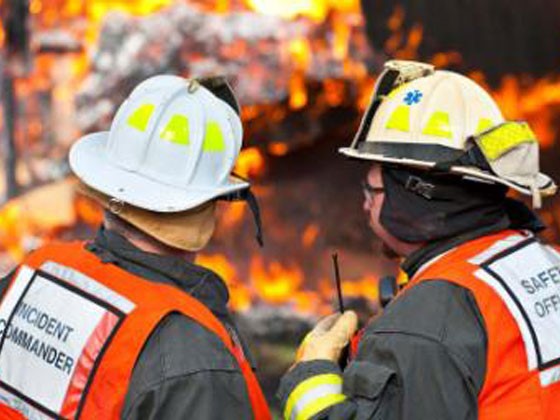
Promoting Fire Safety Awareness:
They raise awareness among employees about the importance of fire safety. Increasing awareness helps foster a culture of safety within the organization.
Communication and Education: Fire Safety Officers communicate with employees, management, and other stake
holders to raise awareness about fire safety practices and foster a culture of safety within the organization. They provide educational materials, conduct training sessions, and offer guidance on fire safety best practices to ensure that everyone understands their role in maintaining a safe work environment.
Emergency Response Planning:
Fire Safety Officers develop comprehensive emergency response plans tailored to the specific needs of the workplace. These plans outline procedures for evacuating employees, addressing individuals with disabilities or special needs, and coordinating with emergency services.
Crisis Management: During fire emergencies, they coordinate the evacuation process, communicate with emergency responders, and provide guidance to employees to ensure their safety. After the incident, they assist in assessing the damage, investigating the cause of the fire, and implementing measures to prevent similar incidents in the future.
Incident Response and Crisis Management: During fire emergencies, Fire Safety Officers are responsible for coordinating the response efforts, including directing evacuation procedures, managing communication with emergency services, and implementing contingency plans to minimize the impact of the incident. They remain calm under pressure and provide leadership to ensure a swift and effective response.
Fire Safety Equipment Management:
Fire Safety Officers oversee the procurement, installation, and maintenance of fire safety equipment throughout the workplace. They ensure that all the systems are installed correctly, regularly inspected, and promptly repaired if any issues arise.
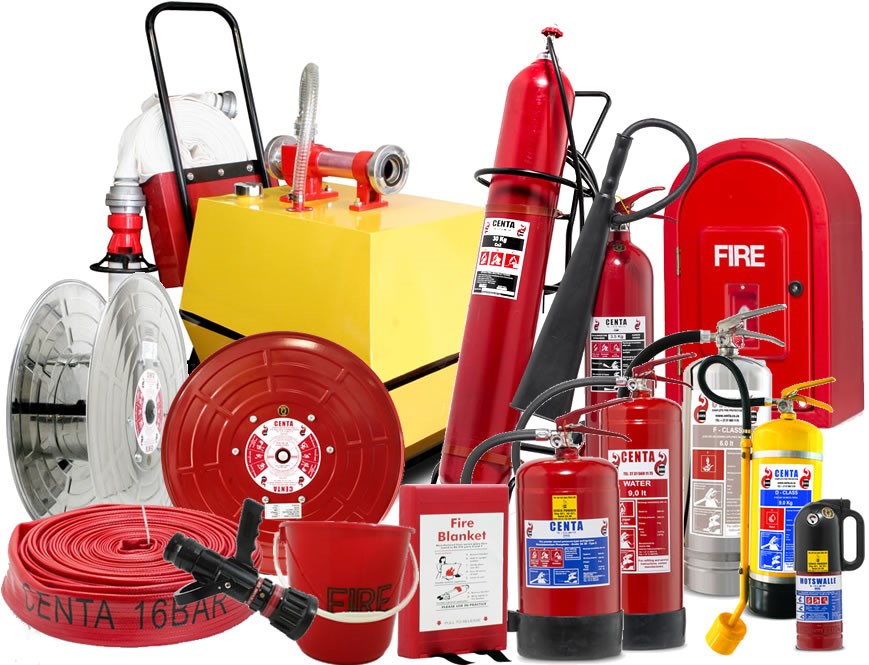
Coordination with Facilities Management: They collaborate closely with facilities management personnel to address fire safety concerns related to building design, construction, and maintenance. They may provide input on building renovations or expansions to ensure that fire safety considerations are integrated into the design and layout of the facility.
Documentation and Record Keeping:
One of the crucial role of Fire Safety Officers is to maintain detailed records related to fire safety inspections, training sessions, equipment maintenance, and emergency response drills. Accurate documentation is essential for demonstrating compliance with regulations and tracking the effectiveness of fire safety measures over time.
Documentation of Incidents and Near-Misses: Records of fire incidents, near-misses, and other safety-related incidents within the workplace help to identify trends, assess the effectiveness of safety measures, and guide improvements to fire safety protocols.
Collaboration with Authorities:
Fire Safety Officers have to collaborate with local fire departments, regulatory agencies, and other relevant authorities to ensure compliance with fire safety codes and regulations. They may participate in inspections conducted by regulatory agencies and address any concerns or violations identified during these inspections.
Business Continuity Planning: They contribute to business continuity planning with managements by identifying critical operations, assessing the potential impact of fire incidents on business continuity, and developing strategies to minimize disruption to essential services in the event of a fire emergency.
Continual Improvement:
Role of Fire Safety Officers also includes continuously monitoring and evaluation the effectiveness of fire safety measures in the workplace. They proactively identify areas for improvement and implement changes to enhance fire safety protocols, training programs, and emergency response plans.
Regulatory Compliance: they should stay abreast of changes to fire safety regulations and codes at the local, state, and federal levels. They ensure that the organization remains compliant with these regulations by conducting regular inspections, implementing necessary updates to policies and procedures, and addressing any compliance issues that arise.
Incident Response and Crisis Management:
During fire emergencies, Fire Safety Officers are responsible for coordinating the response efforts, including directing evacuation procedures, managing communication with emergency services, and implementing contingency plans to minimize the impact of the incident. They remain calm under pressure and provide leadership to ensure a swift and effective response.
Post-Incident Analysis and Improvement: Following a fire incident, Fire Safety Officers conduct thorough post-incident analysis to identify lessons learned and areas for improvement in the organization’s fire safety protocols. They may revise evacuation plans, update training programs, or implement additional safety measures based on the findings of the analysis.
Public Safety Advocacy:
Fire Safety Officers may also engage in public safety advocacy efforts within their communities. They participate in educational programs aimed at raising awareness about fire prevention.
Public Education Programs: Fire Safety Officers may develop and deliver public education programs on fire safety for community groups, schools, and other organizations, and promote emergency preparedness among the general public.
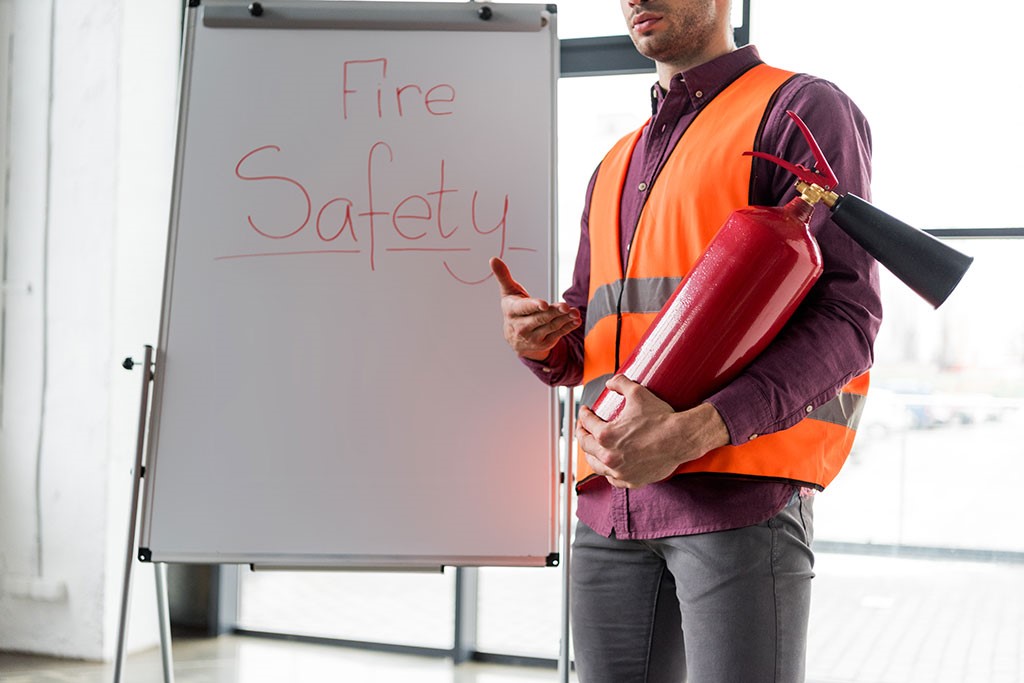
Vendor Management: Fire Safety Officers may liaise with vendors and service providers to procure fire safety equipment, maintenance services, and training programs. They evaluate vendor proposals, negotiate contracts, and ensure that vendors comply with quality and safety standards.
Environmental Compliance :
Fire Safety Officers also be responsible for ensuring compliance with environmental regulations related to fire safety. This includes managing hazardous waste disposal, monitoring air quality for potential pollutants, and implementing measures to prevent environmental contamination in the event of a fire.
“Join Ken Institute for comprehensive Fire Safety Courses led by expert faculty, ensuring your readiness to tackle workplace fire emergencies effectively.”
“By fulfilling these diverse responsibilities, Fire Safety Officers play a crucial role in protecting lives, preserving property, and promoting a culture of safety within the workplace and beyond. Their dedication to fire safety ensures that organizations are well-prepared to prevent, respond to, and recover from fire emergencies effectively.”
Join Ken Institute and unlock a world of online courses in Fire Safety, Occupational Health and Safety, Environment and Sustainability, and Mechanical Engineering. Take advantage of the expert faculty’s vast research experience and the flexibility of 100% online learning. Schedule a call with one of our admissions advisors today.
Get in touch with us at: info@keneducation.in
Visit our website: www.keneducation.in
Call us on +917569034271
Let’s connect on Facebook, YouTube, LinkedIn, and Instagram.

